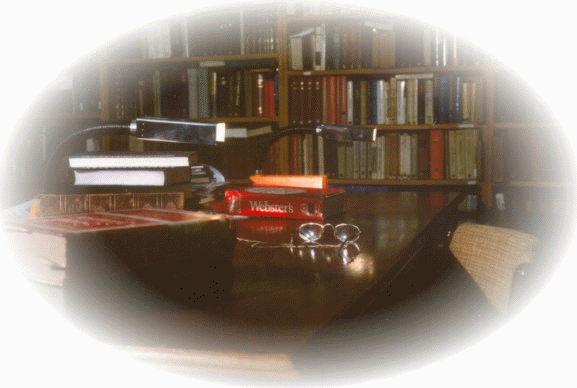 ELTE Humán Tudományok Kutatóközpontja
ELTE Humán Tudományok Kutatóközpontja
Filozófiai Kutatóintézet Könyvtára
1097 Budapest, Tóth Kálmán utca 4.
Tel: +36-1-224-6700/4442
e-Mail:
A könyvtár gyűjtőkörébe tartoznak a filozófia és a kapcsolódó határtudományok (esztétika, etika, vallástudomány, logika, retorika, bölcselet) tárgykörében megjelenő magyar és külföldi szakkönyvek és folyóiratok.
Szolgáltatásaink:
Dokumentumok helyben olvasása, beiratkozott intézeti és kutatóközponti munkatársak számára kölcsönzése. Lelőhelyfeltárás, irodalomjegyzék és bibliográfia készítése. Intézeti munkatársaknak könyvtárközi kölcsönzés.
A könyvtár állományában megtalálható idegen nyelvű folyóiratok listája és a könyvtár elektronikus katalógusa folyamatosan fejlődik.
Új szerzemények a könyvtárban
Havonta frissülő válogatás a beérkezett könyvekből.
A könyvek hozzáférhetőségéről az online katalógusból tájékozódhatnak vagy a könyvtárostól kérhetnek információt.



